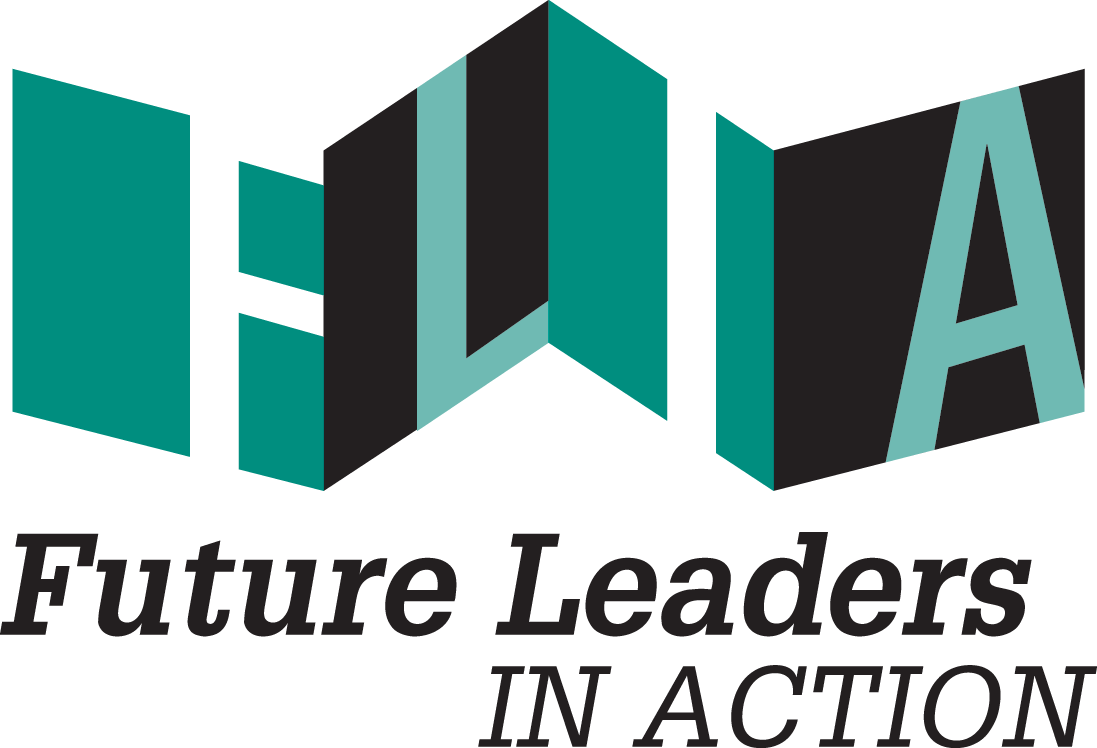What were you involved in [professionally] prior to this fellowship with Future Leaders in Action? How do you see this fellowship fitting into your larger working landscape?
My most recent full-time position was as an AmeriCorps VISTA at Portland State University (PSU). I coordinated the Transformative Data Inquiry Project (TDIP), a research partnership between PSU and Portland Public Schools. We worked to give middle and high school students a voice through a survey and a series of classroom activities based on the thoughts they anonymously provided on said survey. We worked to help young people place their backgrounds, beliefs, goals, etc. into a community context.
Prior to my VISTA service, I worked and earned my master's degree in the PSU Department of Sociology. My research focus was environmental sociology, specifically how sustainability initiatives (e.g. bike infrastructure development, community gardens) relate to urban neighborhood change (i.e. gentrification).
I see my summer with FLIA as an opportunity to learn how I can best leverage my skills to make a difference in a nonprofit setting. I work best when my efforts are collaborative and social justice oriented, so work with Boys & Girls Clubs is a great fit.
You are the first future leaders in action fellow to work with Boys & Girls Clubs of Central Iowa (BGCCI) - how does that make you feel?
It's always nice to get in on the ground floor of a partnership when the enthusiasm is high among all parties. Exactly where I fit into the BGCCI picture may be unclear to some at first, but I have a relatively small, tight-knit team and a penchant for rapport-building on my side.
How do you feel that you have been recepted by BGCCI staff so far?
BGCCI has had two different two-day all-staff trainings in the first seven days of my fellowship, so the timing was perfect for me to meet almost all ~75 staff members. My supervisor Mary Lou is very well-respected and well-liked throughout BGCCI. The effort she made to let folks know what I'm up to from day one has made these first few days very smooth and welcoming for me.
Are there any aspects of your work or experience with BGCCI and FLIA thus far that have taken you by surprise or off-guard?
I am surprised by how great the facilities are at the club sites. The technology and other resources available to club members are vast, and the ambitious plans to keep evolving in this respect are exciting.
Mural located inside BGCCI office space created by former Club staff
You're involved in a training series called Dream Builders Institute (DBI) this week with BGCCI staff. Tell me what the purpose of DBI is and why BGCCI participates in it.
The inaugural Dream Builders Institute, led by the aforementioned Mary Lou, was a two-day all-staff conference. Speakers and trainers from within and outside the organization covered topics from Adverse Child Experiences (ACEs) research in Iowa to Summer Brain Gain program planning. The DBI closed with the announcement of "Clubby" Award winners; it was great to see a handful of staff members, as nominated by their colleagues, celebrated for their exceptional work.
What did you personally and/or professionally gain from the Dream Builders (DBI) training series?
The DBI reinforced my belief that dedicated people can help young people become happy and healthy adults, even when the proverbial deck is stacked against them. The most direct example of this was, guest speaker, Paco Fuentes. Paco told the story of first joining the Boys & Girls Club in Omaha, NE when he was a six-year-old recent immigrant who hid is inability to read. He shared stories about the people who inspired him, how he went on to be a high-level quality assurance officer (i.e. proofreader) in the Air Force, and how he retired from that work to become the Unit Director of the very Omaha club he attended as a kid. He was a great speaker and he embodies the ripple effect that can come from compassion and commitment to kids in tough circumstances.
Did this training series directly support you in fulfilling your goals with FLIA or serve as development in another area? If so, what area do you feel you were able to develop?
In short, yes. The DBI helped strengthen the organization in many ways, particularly the simple opportunity for smart people from all the sites to share their ideas with those they otherwise don't work with. It helps cultivate leaders by giving everyone, from the CEO to the newest part-time Youth Development Professional, an opportunity to share ideas on more or less equal footing. It also does so by giving staff members opportunities to lead training sessions alongside professionals from partner organizations. It supports youth indirectly by staff members understand social and psychological factors that affect young lives.
My most valuable takeaway was a sort of meta-analysis of the conference. In other words, as someone with interest in event planning, training, and nonprofit leadership, my observations about what made the conference itself a success were very helpful.
Going back to your fellowship, what do you see as your largest obstacle? What are you looking forward to the most?
I anticipate that my largest obstacle will be how fast my twelve weeks will go, especially considering the vast potential of youth leadership and service programs within the BGCCI framework. I most look forward to authentically giving kids a voice by asking them about their experiences and interests and making that voice the foundation of the program.



